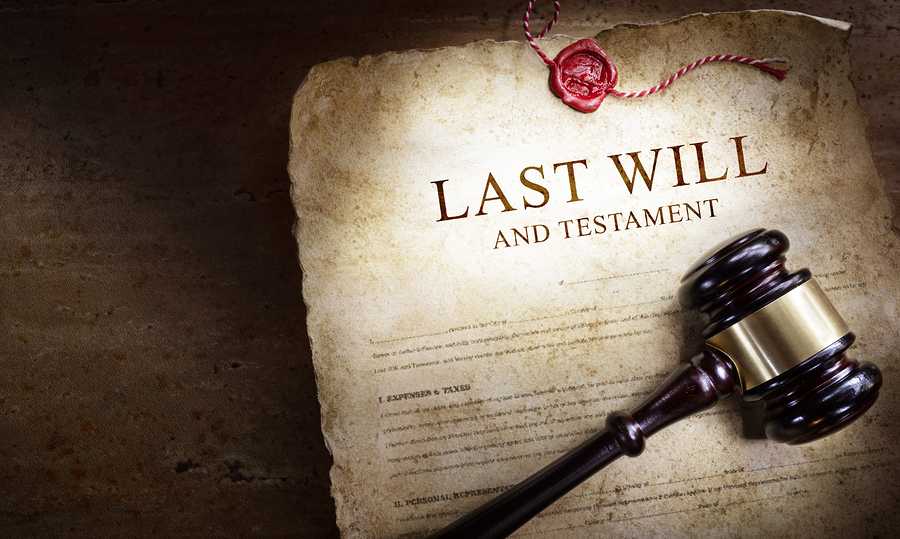The Perils of Online Estate Planning

While the attraction of simplicity and low cost is appealing, the results are all too often disastrous, affirms Insurance News in the article “Mind Your Mouse Clicks: DIY Estate Planning War Stories.” The increasing number of glitches that estate planning attorneys are seeing in online estate planning after the fact has increased, as much as the number of people using online estate planning forms. For estate planning attorneys who are concerned about their clients and their families, the disasters are troubling, and very difficult to fix in estate administrations.
A few clumsy mouse clicks can derail an online estate plan and adversely affect the family. Here are five real life examples.
Details matter. One of the biggest and most routinely made mistakes in DIY estate planning goes hand-in-hand with simple wills, where both spouses want to leave everything to each other. Except this typical couple neglected something. See if you can figure out what they did wrong:
John’s will: I leave everything to my wife Phyllis.
Phyllis’ will: I leave everything to my wife Phyllis.
Unless John dies and Phyllis marries someone named Phyllis, this will is not going to work. It seems like a simple enough error, but the courts are not forgiving of errors.
Life insurance mistakes. Jeff owns a life insurance policy and has been using its cash value as a “rainy day” fund. He had intended to swap the life insurance into his irrevocable grantor trust in exchange for low-basis stock held in the trust. The swap would remove the life insurance from Jeff’s estate without exposure to the estate tax three-year rule, and the stock would receive a stepped-up basis at death, leading to tax savings on both sides of the swap.
However, Jeff had a stroke recently, and he’s incapacitated. He planned ahead though, or so he thought. He downloaded a free durable power of attorney form from a nonprofit that helps the elderly. The POA specifically included the power to change ownership of his life insurance.
Jeff put his name in the space designated for the POA. As a result, the insurance company won’t accept the form, and the swap isn’t going to happen.
Incomplete documents. Ellen created an online will leaving her entire probate estate to her husband. It was fast, cheap and she was delighted. However, she forgot to click on the space where the executor is named. The website address for the website company is the default information in the form, which is what was created when she completed the will. The court is not likely to appoint the website as her executor. Her heirs are stuck, unless she corrects this, hoping the court will understand. Hope is a terrible estate plan.
Letting the form define the estate plan. Single parent Joan has a 6-year-old son. Her will includes a standard trust for minors, providing income and principal for her son until he turns 21, at which point he inherits everything. Joan met with a life insurance advisor and applied for a $1 million convertible 20–year term life insurance policy. It will be payable to the trust. However, her son has autism, and receives government benefits. There are no special needs provisions in her will, so her son is at risk of losing any benefits, if and when he inherits the policy proceeds.
Don’t set it and forget it. One couple created online wills, when the estate tax exclusion was $2 million. They created a credit shelter, or bypass, trust to reduce their estate taxes, by allowing each of them to use their estate tax exclusion amount. However, the federal estate tax exclusion today is $11.4 million per person. With $4 million in separate assets and a $2 million life insurance policy payable to children from a previous marriage, the husband’s separate assets will go into the bypass trust. None of it will go to his wife.
Online estate planning is dangerous because there is no opportunity to receive legal advice on how to meet your goals in your estate plan. An experienced estate planning attorney who is licensed to practice in your state is the best source for creating and updating estate plans, preparing for incapacity and ensuring that tax planning is done efficiently. This post will help you get started. https://galligan-law.com/how-to-begin-the-estate-planning-process/
Reference: Insurance News Net (Sep. 9, 2019) “Mind Your Mouse Clicks: DIY Estate Planning War Stories”



